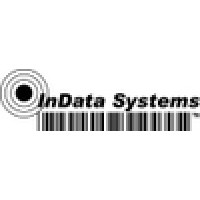
InData Systems
InData Systems has been a Specialty Bar Code systems supplier for over 30 years and now has patented scanning systems for the "invisible" Covert Bar Code applications. InData Systems offers a full range of UV fluorescing (and other covert wavelengths) bar code scanners from simple USB connected scanners to Portable data terminals to High speed (over 500 feet per minute) in-line scanners. Their scanners are used for tracking product diversion, brand Authentication and unobtrusive identification of product labeling. "Invisible" bar code marks do not require FDA or other labeling approvals to quickly track product in-house and through e-pedigree track-and-trace systems






